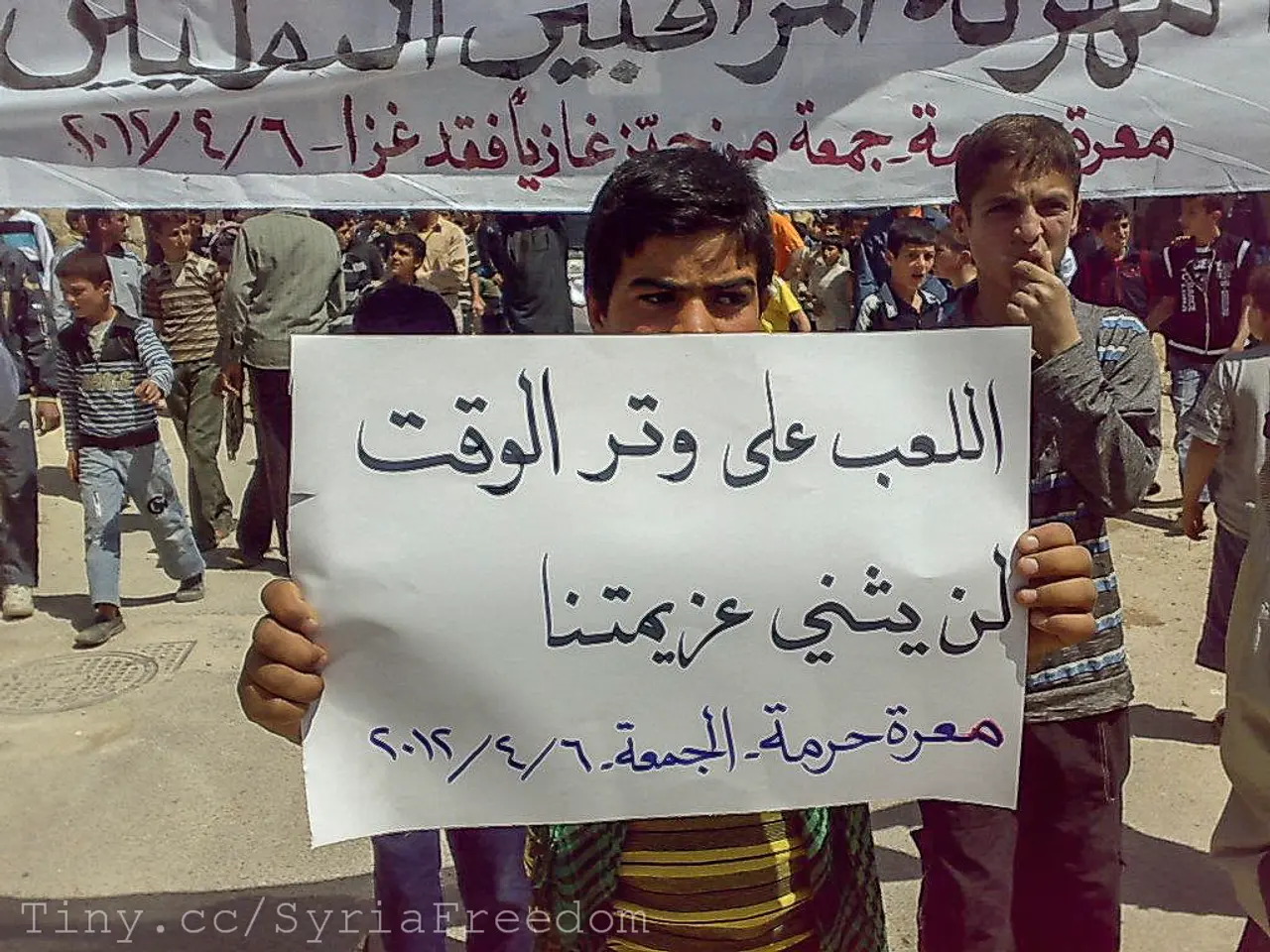Increased textile, leather, and footwear exports from India to Europe, as a result of CETA, will positively impact key industrial hubs such as Tirupur, Jaipur, Surat, Ludhiana, Panipat, Bhadohi, and Moradabad, according to Piyush Goyal.
The India-UK Comprehensive Economic and Trade Agreement (CETA), signed on July 29, 2025, is set to bring significant benefits to various Indian industries, particularly the leather sector and textiles. The agreement provides duty-free access to the UK market for a wide range of Indian products, including ready-made garments, home textiles, carpets, handicrafts, and leather goods.
One of the key advantages for the leather sector is the elimination of UK import duties, which previously ranged from 2 to 8 percent for leather goods, 4.5 percent for leather footwear, and 11.9 percent for non-leather footwear. This move removes tariff disadvantages of up to 12-16 percent that Indian exporters faced compared to competitors such as Bangladesh, Cambodia, and Pakistan.
The CETA is projected to nearly double India's leather and footwear exports to the UK, from USD 494 million in 2024 to USD 1 billion within the next three years. This surge in demand is expected to generate thousands of new jobs, particularly among MSMEs, artisans, women entrepreneurs, and youth-led businesses.
The agreement also offers legal protection for Indian Geographical Indications (GIs) like Kolhapuri footwear and Mojari in the UK's leather and footwear market, thereby strengthening brand integrity and artisan exclusivity in global markets.
The Indian Footwear and Leather Development Programme (IFLDP), with an outlay of INR 1,700 crore, alongside the proposed Focus Product Scheme, will support infrastructure development, technology upgrades, branding, and international marketing for the leather sector. These initiatives aim at technology upgrades, cluster development, and international branding.
In addition to the leather sector, sectors like textiles, footwear, handicrafts, and home textiles are set to benefit, reinforcing integrated cluster growth in cities like Tirupur, Jaipur, Ludhiana, Panipat, Bhadohi, and Moradabad. The CETA also simplifies customs procedures and aligns technical standards, empowering micro, small, and medium enterprises (MSMEs) by simplifying customs procedures and encouraging sustainability and digital integration.
Stakeholder interaction brought together representatives from leading industry associations, export promotion councils, and key government departments. Commerce Secretary Sunil Barthwal stated that the elimination of tariffs and support for MSMEs would drive inclusive growth, job creation, and global recognition of Indian craftsmanship. Stakeholders discussed the need for timely follow-up measures and industry readiness to fully leverage the benefits of the trade deal.
The India-UK CETA is a transformative milestone for India's textile, leather, and footwear industries, promising substantial export growth, enhanced competitiveness, empowerment of MSMEs, and socio-economic benefits in leather-producing regions. The agreement encourages sustainable manufacturing and supports MSMEs in adopting digital tools, setting the stage for a more competitive and integrated Indian industrial landscape.
[1] India-UK Comprehensive Economic and Trade Agreement (CETA) Benefits for the Leather Sector, The Economic Times, July 29, 2025. [2] India-UK CETA: A Boost for the Leather and Textile Industries, Business Standard, July 29, 2025. [3] India-UK CETA: Doubling Leather and Footwear Exports to the UK, Financial Express, July 29, 2025.
- The India-UK Comprehensive Economic and Trade Agreement (CETA) is expected to significantly boost the leather sector, since it nearly doubles India's leather and footwear exports to the UK, from USD 494 million in 2024 to USD 1 billion within the next three years.
- The India-UK CETA also offers legal protection for Indian Geographical Indications (GIs) like Kolhapuri footwear and Mojari in the UK's leather and footwear market, thereby strengthening brand integrity and artisan exclusivity in global markets.







